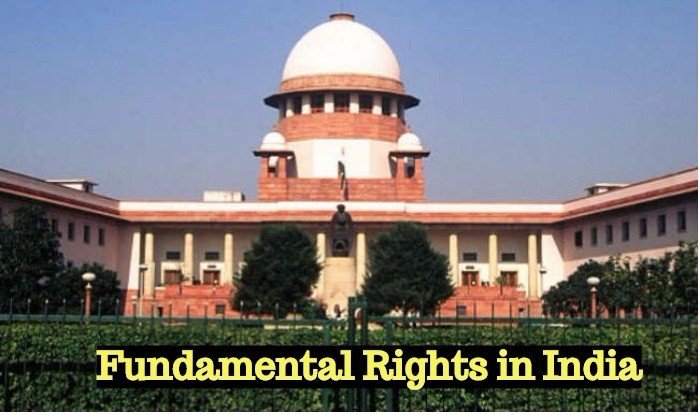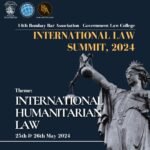Can a person waive any of the Fundamental Rights?
Fundamental Rights are a basic rights or Natural Right of the people and the charter of rights contained in Part III of the Indian Constitution. It guarantees civil liberties such that all Indians can lead their lives in peace and harmony as citizens of India. These include individual rights common to most democracies, such as equality before law, freedom of speech and expression, religious and cultural freedom and peaceful assembly, freedom to practice religion, and the right to constitutional remedies for the protection of civil rights by means of writs such as habeas corpus, Mandamus, Prohibition, Certiorari and Quo Warranto. Violation of these rights result in punishments as prescribed in the Indian Penal Code or other special laws, subject to discretion of the judiciary.
Nature and Scope of Article 136 of the Constitution
Question arises whether Person can waive any of his Fundamental Rights ?
To begin with, VANKATARAMA AIYAR, J., in Behram v. State of Maharashtra AIR 1955 SC 123, divided the Fundamental Rights into two broad categories:
(i) Rights conferring benefits on the individuals, and
(I) those rights conferring benefits on the general public.
The learned Judge opined that a law would not be nullity but merely unenforceable if it was repugnant with a Fundamental Right in the former category, and that the affected individual could waive such an unconstitutionality, in which case the law would apply to him. For example, the right guaranteed under Article 19(1)(f) was for the benefit of property-owners and when a law was found to infringe Article 19(1)(f), it was open to any person whose right had been infringed to waive his Fundamental Rights. In case of such a waiver, the law in question could be enforced against the individual concerned.
A Critical Analysis of Article 19 with latest judicial interpretation
The majority on the bench, however, was not convinced with this argument and repudiated the doctrine of waiver saying that the Fundamental Rights were not put in the Constitution merely for individual benefit. These Rights were there as a matter of public policy and, therefore, the doctrine of waiver could have no application in the case of Fundamental Rights.
The question of waiver of the Fundamental Right has been discussed more fully by the Supreme Court in Basheshar Nath v. I.T. Commissioner AIR 1959 SC 149. The petitioner’s case was referred to the Income tax Investigation Commission under S. 5(1) of the relevant Act. After the Commission had decided upon the amount of concealed income, the petitioner on May 19, 1954, agreed as a settlement to pay in monthly instalments over Rs. 3 lacs by way of tax and penalty.
In Nar Singh Pal v. Union of India (2000) 3 SCC 589, 594 , the Supreme Court has asserted: Fundamental Rights under the Constitution can’t b bartered away. The can’t be compromised not can there be any estoppel against the exercise of Fundamental Rights available under the Constitution.
The doctrine of non-waiver developed by the Supreme Court of India denotes manifestation of its role of protector of the Fundamental Rights. It may be of interest to know that in the U.S.A., a Fundamental Right can be waived. {Pierce oil Corporation v. Phoenix Refining Co. 259 US 125 (1922): Boykin v. Alabama, 395 US 238 (1969)}







